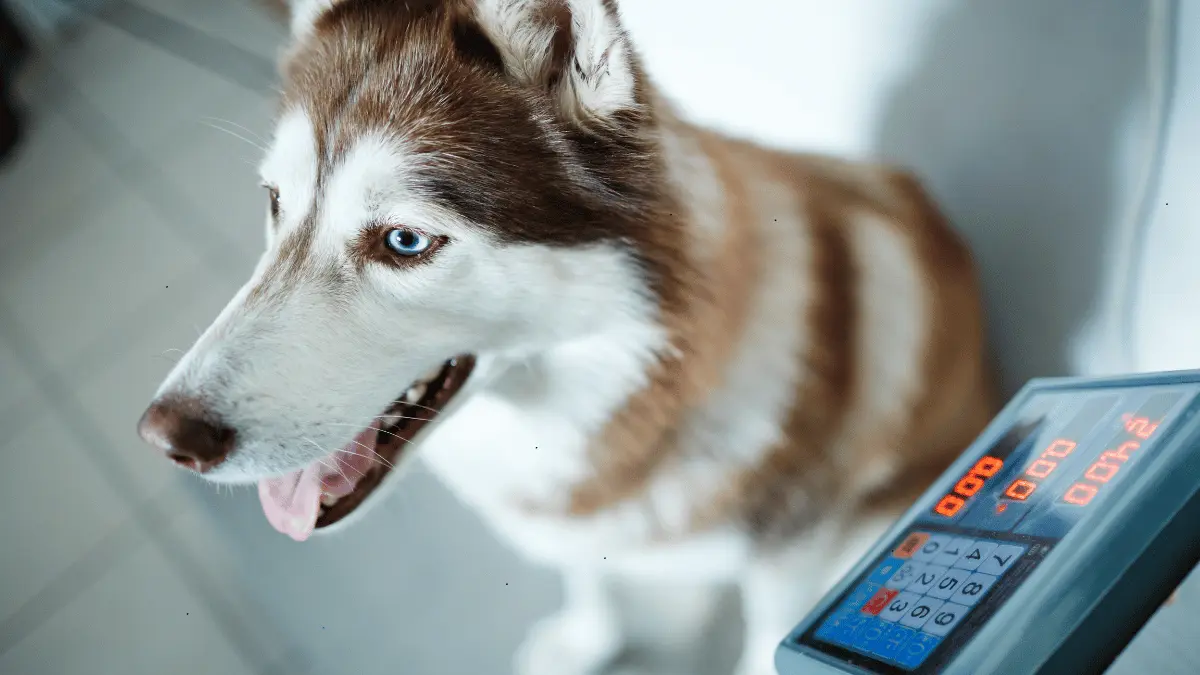Are Dogs Afraid of the Dark? A Pawsome Investigation
Have you ever noticed your furry friend cowering in a corner or barking at shadows when the lights go out? Many people believe that dogs have a natural fear of the dark. But is this really the case? Let’s dive into the science behind canine behavior and explore whether dogs are truly afraid of the dark.
The Myth of Canine Darkness Phobia
While it’s common to assume that dogs are afraid of the dark, there’s not much scientific evidence to support this claim. In fact, some studies suggest that dogs may not be inherently afraid of darkness. Instead, their reactions might be more influenced by other factors.
Why Do Dogs React to Darkness?
- Evolutionary Instinct: Dogs’ ancestors, wolves, were primarily nocturnal creatures. They evolved to hunt and navigate in low-light conditions. This might explain why some dogs feel more comfortable in the dark.
- Sensory Perception: Dogs have exceptional senses of hearing and smell, which can be heightened in darkness. This heightened awareness might make them more sensitive to sounds or movements that they might not notice in brighter conditions.
- Past Experiences: If a dog has had a negative experience in the dark, such as being scared or hurt, they may develop a fear or anxiety associated with darkness.
- Individual Personality: Just like humans, dogs have unique personalities. Some dogs may be naturally more cautious or fearful, while others are more adventurous. These individual traits can influence their reactions to darkness.
How to Help a Dog Afraid of the Dark
If your dog seems to be afraid of the dark, here are some tips to help them feel more comfortable:
- Gradual Exposure: Slowly introduce your dog to darkness. Start by leaving a small nightlight on and gradually reduce the light over time.
- Positive Reinforcement: Reward your dog for calm behavior in low-light conditions. This will help them associate darkness with positive experiences.
- Consult a Veterinarian: If your dog’s fear of the dark is severe or affecting their quality of life, it’s a good idea to consult with a veterinarian or animal behaviorist. They can provide professional guidance and advice.
While it’s possible for dogs to develop a fear of the dark, it’s not necessarily a universal trait. Their reactions can be influenced by various factors, including their evolutionary history, sensory perception, past experiences, and individual personality. By understanding these factors and providing appropriate support, you can help your dog feel more comfortable in low-light conditions.
Keywords: dogs afraid of dark, canine fear, dog behavior, dog training, dog anxiety, nocturnal animals, sensory perception, positive reinforcement, veterinarian, animal behaviorist














